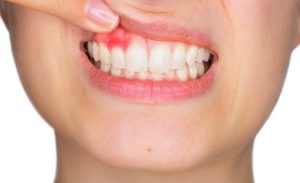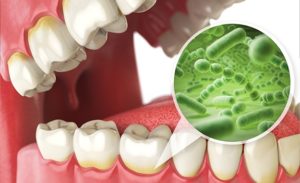
Research shows that babies are born without any harmful bacteria in their mouths. However, once bacteria colonize in the mouth, children are more prone to cavities in their baby teeth and permanent teeth. How do they get the bacteria? Caregivers.
Most parents don’t know that they can pass harmful bacteria from their mouth to their baby’s mouth. The most critical time is during the child’s first 2 ½ years of life. Most children are born without a single tooth. Can bacteria passed to children without teeth affect their decay potential for their whole life? According to research the answer is yes.
Here’s a shocker…..If you have a history of poor oral health, including many fillings… (Read More)









